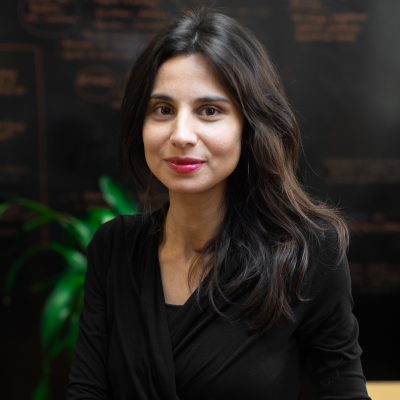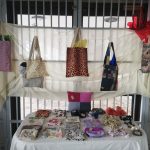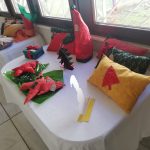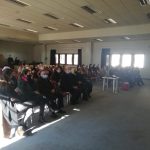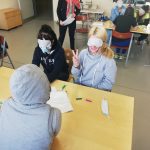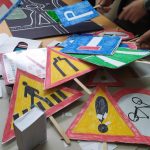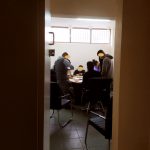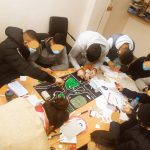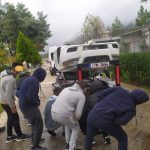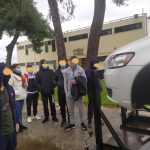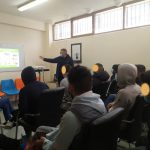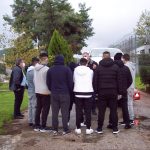Dec
2021
Training modules in prison for employability…and much more!
The testing phase of the Cup project has begun as a confirmation of a very productive year for the European CUP Project.
Despite the great difficulties of the moment, the European prisons involved in Italy, Cyprus, The Netherland and Greece have continued their mission of promoting accessible and inclusive education to concretely support employability of detainees.
The educational design perspective of the penitentiary system can only take shape through a pedagogical path that allows a real expansion of the field of experience, working towards the construction of conditions that can allow the person to rethink one’s role in the world.
The identity (re)structuring process requires starting from oneself and from top life experiences, assuming responsibility and redefining short, medium and long-term objectives, implying participation in treatment activities aimed at marking a significant pedagogical-existential transition.
With this vision, Claudia Ducange from Casa di Carità Arts and Crafts Foundation and Head of the CUP project for the Turin Prison states:“Not everyone who attends training vocational courses in prison has the consciousness that the course is an investment for his/her own future and for building opportunities to have a qualified job. With the CUP project we worked so that this consciousness would increase and with it also the motivation and participation of prisoners women in training. The involved teachers made many efforts to ensure that, alongside the technical skills, were also the soft skills and basic skills that offer a complete professional profile that makes a person spendable in the job market (from the training module Cooking techniques at Casa Circondariale Lorusso e Cutugno)”.
The CUP training modules, based on the acquisition of technical skills integrated with transversal and basic skills, aim to improve the potential of prisoners to increase their medium-long term employability, but also their psycho-social well-being. Electra Diakolabrianou, from Epanodos Prison in Greece tells: “We really observed a transformation in some of the participants: Their social skills improved, they took the training very seriously and invested in it, and a significant change in their attitude and self-confidence was noticeable. They learned to cooperate, they discovered capacities they didn’t know they had, and some of them even showed true leadership qualities (from the training module: “Making bed mattresses” at Epanodos Prison).”
The training modules of the CUP project will continue in 2022 offering to all European prisoners involved the concrete ambition of a better possible future and, after the testing phase, the Project will move on to act in terms of advocacy thanks to an advocacy handbook that will be published in the coming weeks. Stay tuned!
The whole team of the CUP project wishes everyone a Merry Christmas and a Happy New Year!
Here are some shots that tell moments of training modules in Italy and Greece.

